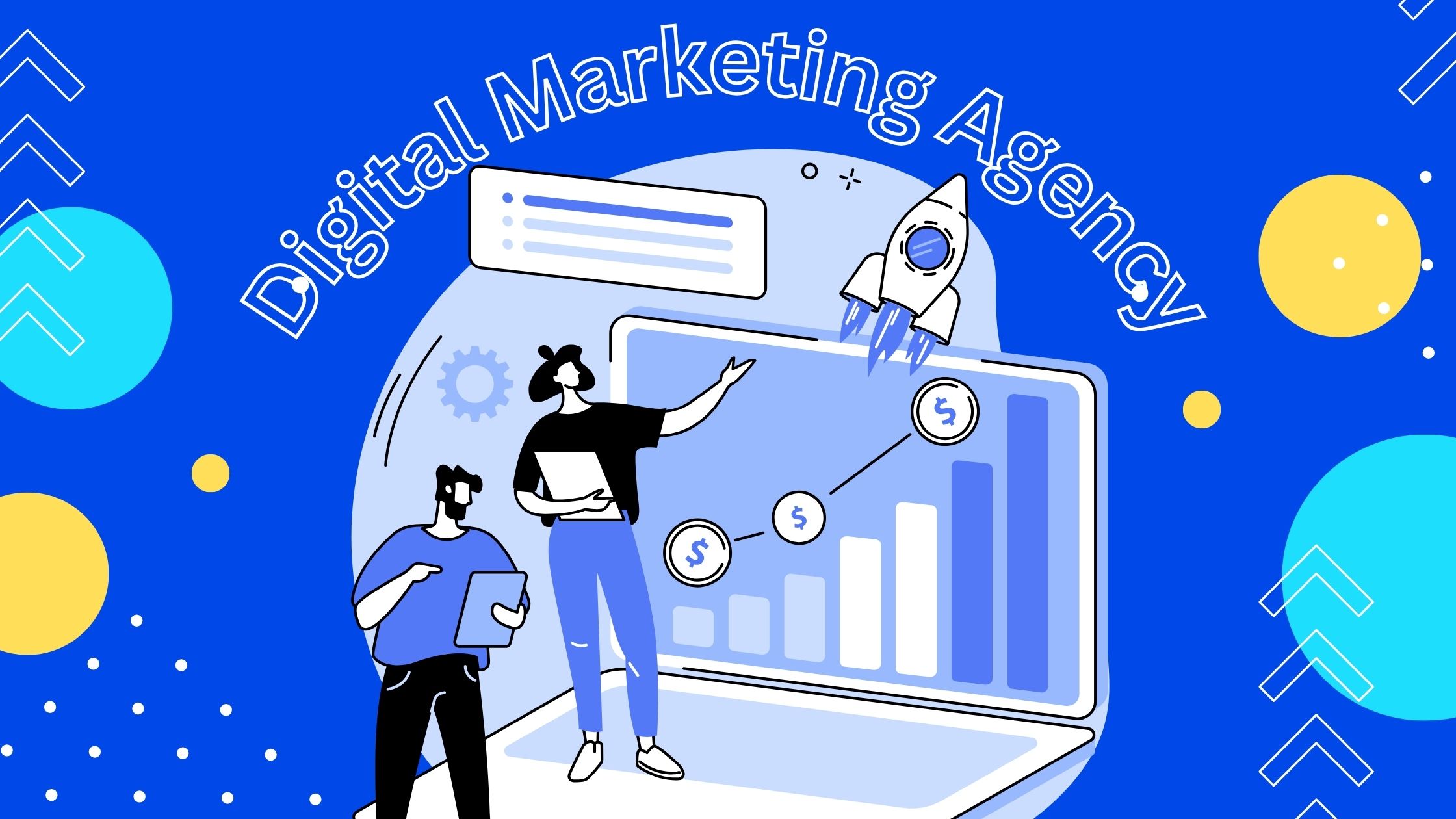Organic SEO Services: Strategies, Importance & Benefits
Every website aims for consistent growth, visibility, and credibility. To achieve these goals, you need organic SEO services that deliver lasting results rather than short-term spikes. Unlike paid advertising, organic SEO builds authority over time and attracts qualified visitors who are genuinely interested in your products or services. In this article, you’ll explore what organic SEO services include, how they work, and why partnering with experts like Blogrator Web Service can help your business reach new heights online. What Are Organic SEO Services? Organic SEO services involve optimizing a website to improve its position in unpaid search results. Instead of relying on pay-per-click (PPC) ads, these services focus on organic visibility through quality content, technical improvements, and strategic keyword placement. The goal is to make your site more relevant and trustworthy to both users and search engines. This approach drives consistent, long-term traffic without ongoing advertising expenses while strengthening your brand’s authority, online credibility, and overall digital performance. Core Elements of Organic SEO Services A strong SEO strategy includes several integrated components that work together to improve visibility and engagement. Keyword Research & Strategy: Finding the most relevant keywords your audience searches for, then aligning your content accordingly. On-Page Optimization: Optimizing meta titles, descriptions, headings, URLs, and internal links for clarity and keyword alignment. Technical SEO: Enhancing site performance, mobile responsiveness, indexing, and schema markup for better search visibility. Content Creation & Optimization: Developing high-quality, original, and informative content that meets user intent and ranks well. Link Building & Outreach: Building credible backlinks from authoritative websites to strengthen domain trust and improve ranking potential. Local SEO Optimization: Ensuring your business appears accurately in local searches and Google Maps listings. Analytics & Reporting: Tracking keyword rankings, user behavior, and performance metrics to guide continuous improvement. Each element supports the others, creating a unified SEO system designed for long-term growth. Why You Need Organic SEO Services Choosing organic SEO services means choosing stability, visibility, and measurable success. Builds sustainable traffic without constant ad spending. Improves trust and credibility with organic searchers. Increases conversion potential through relevant, intent-driven visitors. Strengthens your brand’s digital presence across multiple search platforms. Delivers measurable ROI over time with consistent performance tracking. With the right SEO strategy, your business gains a competitive edge that endures even through search engine algorithm changes. When to Invest in Organic SEO Services You should consider investing in organic SEO when: Your website lacks consistent organic traffic or visibility, limiting your reach and online authority. You want to reduce dependency on paid advertising and focus on sustainable, long-term visibility. You operate in a competitive niche that requires steady ranking power and strategic optimization. You’re launching a new website and want strong early traction to build credibility quickly. You seek data-driven, long-term growth instead of short-term campaigns that fade over time. The earlier you begin optimizing, the faster your website builds authority, increases conversions, and achieves stronger, more stable search engine performance. Learn more about strong digital marketing strategy implementation. Tips to Choose the Right Organic SEO Services Provider Selecting the right SEO partner is crucial for success. Keep these tips in mind: Evaluate their experience and past results across multiple industries. Ensure they follow white-hat SEO practices that comply with Google’s policies. Choose providers offering customized strategies, not one-size-fits-all packages. Check for transparency in communication and reporting. Prioritize agencies that focus on content quality and technical precision equally. A reliable provider like Blogrator Web Service focuses on strategy, precision, and ethical SEO growth. Benefits of Organic SEO Services Organic SEO services provide several key benefits that make them a cornerstone of modern marketing: Long-Term Results: Build and maintain rankings that last for years. Cost Efficiency: Reduce ad spend by attracting free, targeted traffic. Brand Credibility: Higher organic rankings establish trust with audiences. Better Conversion Rates: Attract users genuinely interested in your offerings. Scalability: SEO evolves with your business and adjusts to new opportunities. These advantages make organic SEO one of the most sustainable digital marketing investments available today. Blogrator Web Service: Delivering Organic SEO Services Blogrator Web Service provides end-to-end SEO solutions tailored to your business goals. Their team combines creativity with analytics to deliver measurable, sustainable results. The organic SEO process includes: Detailed keyword analysis and competitor research. Technical audits to fix site structure and performance issues. Content strategy focused on relevance, readability, and conversion. Ethical link-building campaigns to build lasting domain authority. Transparent progress reports and monthly performance tracking. With Blogrator Web Service, you gain a partner committed to long-term visibility rather than quick, unstable results. Conclusion Effective organic SEO services form the backbone of digital success. They combine strategy, technical expertise, and high-quality content to create sustainable visibility and engagement. By improving your site’s structure, relevance, and authority, you attract qualified visitors and grow naturally without relying on constant ad budgets. With continuous optimization, performance tracking, and adaptive strategies, you ensure long-term visibility and stronger brand credibility. For data-driven strategies, transparent reporting, and measurable results, trust Blogrator Web Service — your dedicated partner in delivering powerful and sustainable organic SEO success. FAQs Q1: How long does it take to see SEO results? Most websites notice improvements within three to four months, with stronger results appearing after six to twelve months. Q2: Are organic SEO services better than paid ads? Yes, organic SEO builds lasting results, while paid ads stop generating traffic once you stop paying. Q3: What makes Blogrator Web Service different? They focus on long-term strategy, technical precision, and transparent reporting for measurable and sustainable growth. Q4: Is link building still effective in 2025? Absolutely. When done ethically and strategically, link building remains a key factor in improving domain authority and rankings.






